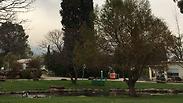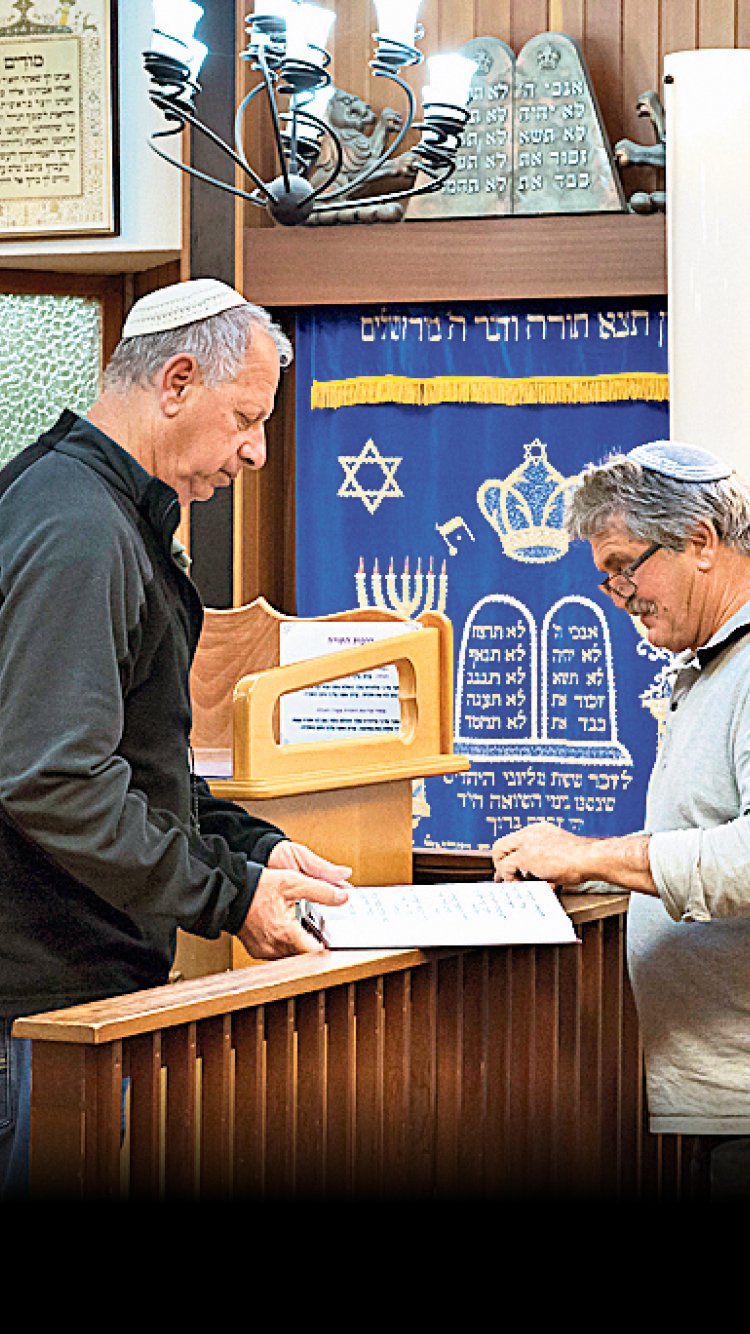
According to Giora Salz, Head of the Upper Galilee Regional Council, of the 29 kibbutzim in the region, only seven have an active synagogue. Salz further explained that the matter is one that each kibbutz should decide on individually.
According to Dr. Zeevik Greenberg, an expert on changes in rural communities at Tel-Hai College, "the synagogue has become the symbol of a deep struggle."
According to Greenberg, "The entry of a new population is accompanied by fears that the character and way of life of a specific place will change. One of the persons interviewed in my study said 'my fear isn't the synagogue, but the next thing they will ask for, building hope here that one day they'll close the main road so no one travels on Shabbat.'"
For example, Kibbutz Sde Nehemia decided to build a synagogue after a majority of residents approved the move. However, at Kibbutz Shamir, has not constructed a synagogue, leaving residents who wish to lead a more religious lifestyle to either leave the kibbutz or attend religious services in Kiryat Shmona.
Minister of the Interior, Aryeh Deri (Shas), responded with shock to the fact that some kibbutzim oppose the establishment of a synagogue in their communities.
"I don't understand how the Jewish state still has communities that oppose the request of residents to establish a synagogue," said Deri. "It is outrageous and I intend to act against this discrimination and violation of freedom of religion. Just imagine what would happen had they prevented an Arab community from building a mosque.
"On the other hand, I am happy to hear that in many kibbutzim in the north, residents are demanding that synagogues be built, and in many cases, they are opened and people pray there."
(Translated and edited by Fred Goldberg)

















